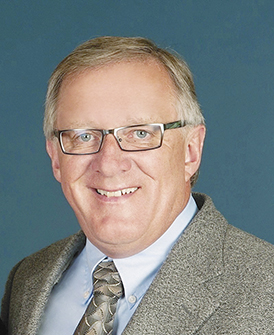According to the Food and Drug Administration, adverse drug reactions or errors in taking medications are responsible for 28 percent of hospitalizations of the elderly. Individuals over the age of 80 take an average of 18 prescription medications per year.
Betty’s family is in crisis. Betty is 85 years old and lives alone in the same family home she has lived in for the past 32 years. Betty is socially active and tends to her garden, but her daughter, Cathy, worries about her. Betty feels she has been doing well on her own and doesn’t want to leave her home. Cathy calls her every morning while driving to work to check up on her. Last week Betty didn’t answer when Cathy called. Cathy was concerned and called a neighbor to check up on her.
The neighbor found Betty very confused, disoriented and disheveled. The neighbor called 911 and Betty was taken to the emergency room. Betty had gotten confused and accidentally taken an overdose of her medication and was admitted to the hospital. Now Betty is ready to go home and Cathy doesn’t know what to do to keep her mother safe.
According to the Food and Drug Administration, adverse drug reactions or errors in taking medications are responsible for 28 percent of hospitalizations of the elderly. Individuals over the age of 80 take an average of 18 prescription medications per year. Primary care providers find themselves seeing an average of 30 patients per day with an increasing percentage of those patients being elderly. Seniors have more chronic illnesses, take more medications, see multiple doctors and generally require more time both in the exam room and outside to coordinate their care. Seniors often tend to process information a little slower so the instructions from their doctor are sometimes not fully understood. Seniors often do not recognize their own declining health. In spite of electronic medical records, some of their doctors don’t always communicate effectively with each other.
The average age of Americans continues to increase both from the aging of the Baby Boomers and increased longevity due to improved treatments for chronic illnesses. At the same time, there is a growing shortage of primary care providers that has recently been exacerbated by newly insuring millions of Americans through the Affordable Care Act.
There is an increasing emphasis in the healthcare industry on care management as a means to improve the health of seniors as well as reduce healthcare costs. Care management can reduce the total cost of care by allowing the senior to safely remain more independent and live at a lower level of care through the coordination of care and appropriate community services. Professional care managers and patient advocates evaluate the client to determine if they are safe in their living situation and able to manage their medications. Professional care managers advocate for the senior and insure that their doctors have all of the information they need to provide the best possible care. If a client needs additional services, they assist in coordinating the care of the client or assist in the transition to a higher level of care if needed. Professional care managers give the family the peace of mind that their loved one is safe and well cared for.
Contact the National Association of Professional Geriatric Care Managers at www.caremanager.org to find a professional care manager or Paul Battle Senior Care Advocates at www.PaulBattle.com or 877-867-1437 regarding your senior care needs.





